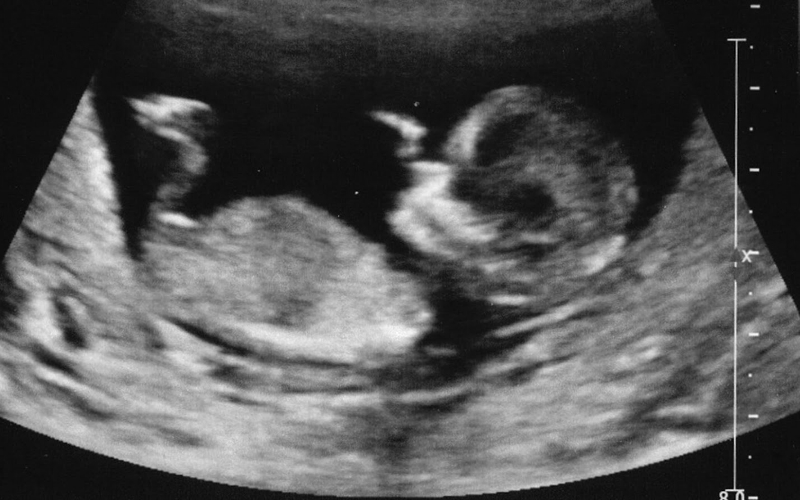The government of Prime Minister Justin Trudeau, along with provincial leaders, is once again imposing severe COVID-19 restrictions on the Canadian people. In Ontario, for example, schools are once again going online, depriving children of the important classroom interaction. Indoor dining is being closed, as are gyms. It is all being done because of the new omicron variant, which is considered contagious but for the most part has mild symptoms.
Brian Rushfeldt is the former executive director of Canada Family Action. He confirms that his fellow Canadians don't like these new infringements on their personal freedoms, but points out the amount of pushback there doesn't compare to what he sees to the south.

"I actually see much less pushback in Canada than I do in the U.S.," he shares. "I am not convinced that it's going to build to the point where we have strong enough pushback that some of these things start to back off."
But Rushfeldt says in Alberta – the province where he lives – there has been some pushback to some of the lockdowns.
"People kept their businesses open – they got arrested and went to court, but then the court threw cases out," he describes. "We saw enough pushback in some of the lockdown of businesses that the premier of Alberta backed off."
And things have gotten better for churchgoers in his province – to a point.
"In Alberta it's pretty free," he explains. "We no longer have any restrictions that would hinder the attendance at the church I go to and it's a fairly large church at all, other than the issue of wearing masks. And that, of course, is province-wide for everybody everywhere."
A survey conducted just before Christmas revealed public activity in Canada was at its highest since the pandemic began, fear of COVID was increasing, government approval on handling of COVID was decreasing, and more people see restrictions as too loose rather than too tight.







